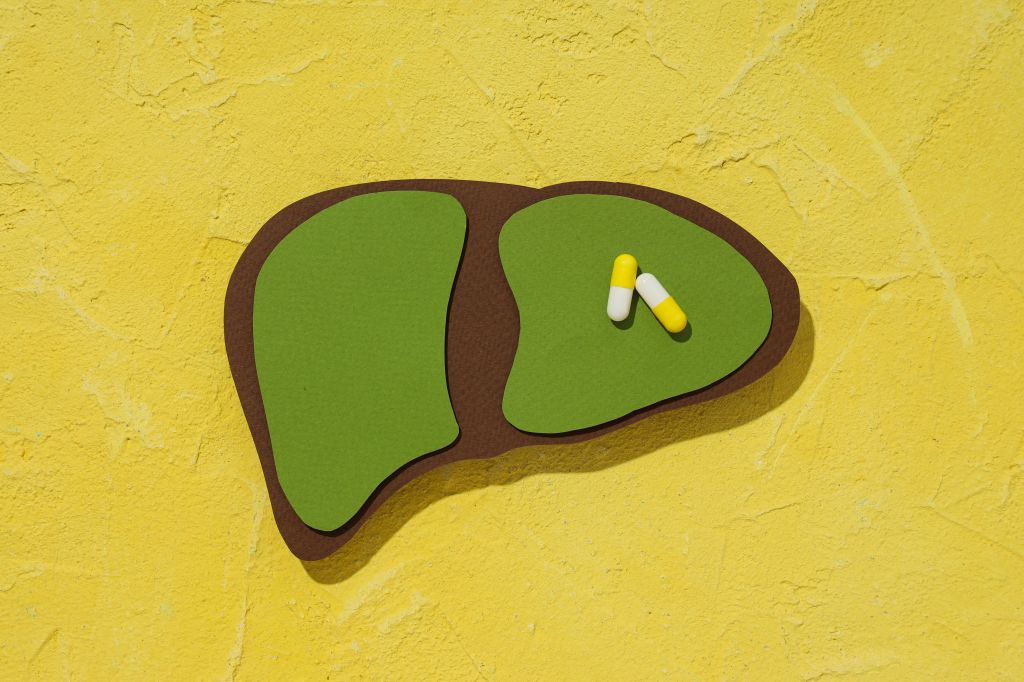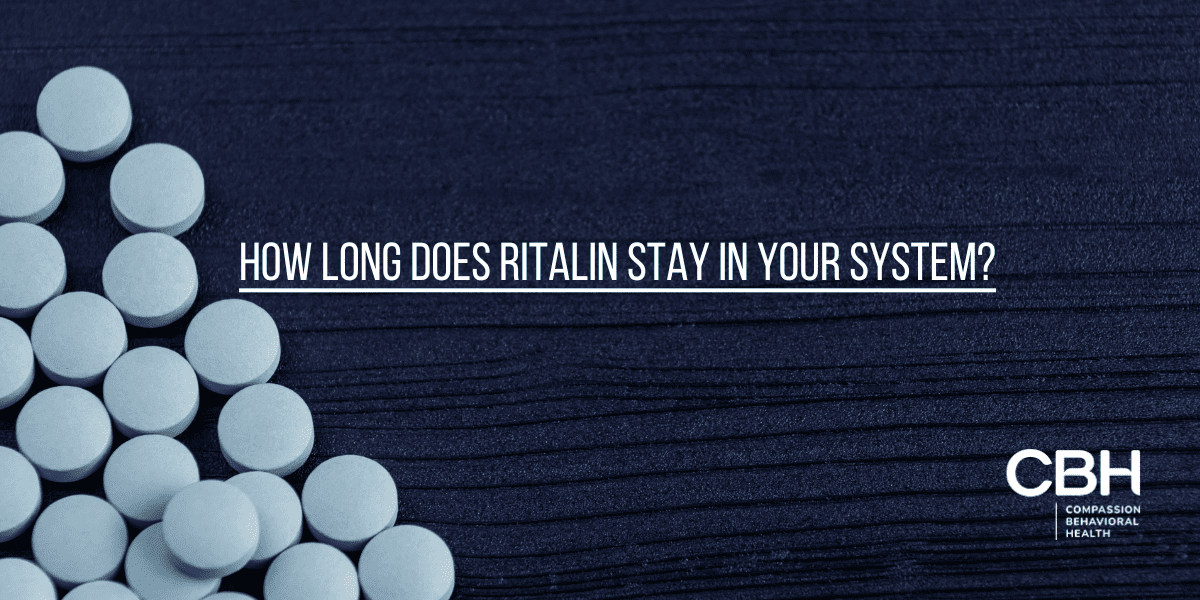Methylphenidate is a commonly prescribed medication used to treat attention deficit hyperactivity disorder (ADHD) and narcolepsy. Many people who take this medication may wonder how long it stays in their system.
In short, Methylphenidate typically remains effective for 3 to 6 hours but can be detectable in the body for up to 2 days, varying based on individual metabolism, dosage, and formulation. Drug tests, including urine, blood, and hair follicle tests, can detect methylphenidate, but their accuracy can be influenced by several factors, necessitating interpretation by qualified professionals.
Understanding the duration of methylphenidate in the body is essential for various reasons, including managing medication schedules, avoiding potential interactions with other drugs, and complying with drug testing requirements. In this article, we will delve into the topic of methylphenidate’s duration in the system and explore the factors that may influence its retention time.
Understanding Methylphenidate
Methylphenidate, also known as Ritalin or Concerta, is a stimulant medication that affects the central nervous system. It works by increasing the levels of certain neurotransmitters in the brain, which helps improve focus, attention, and impulse control. This medication is available in various forms, including immediate-release tablets, extended-release capsules, and transdermal patches.
What is Methylphenidate?
Methylphenidate is a psychoactive substance classified as a Schedule II controlled substance due to its potential for abuse and dependence. It is chemically similar to amphetamines and works in a similar way. However, while amphetamines are sometimes used recreationally, methylphenidate is primarily prescribed for medical purposes.
Uses of Methylphenidate
Methylphenidate is primarily prescribed to individuals diagnosed with ADHD or narcolepsy. ADHD is a neurodevelopmental disorder that affects both children and adults, characterized by symptoms such as hyperactivity, impulsivity, and difficulty concentrating. Narcolepsy, on the other hand, is a sleep disorder characterized by excessive daytime sleepiness and sudden episodes of sleep.
Methylphenidate helps manage the symptoms of ADHD and narcolepsy by increasing alertness, reducing impulsivity, and improving focus. It allows individuals to enhance their cognitive abilities and engage more effectively in daily activities.
Call Us Today: (844) 660-0084
The Science Behind Methylphenidate Absorption
When you take methylphenidate, the body absorbs it through the gastrointestinal tract. From there, it enters the bloodstream and is distributed throughout the body’s tissues and organs. The absorption process and subsequent metabolization determine how long methylphenidate stays in the system.
How the Body Processes Methylphenidate
Once methylphenidate is absorbed, it undergoes metabolism in the liver. The liver breaks down the medication into different metabolites, mainly through enzymatic processes. These metabolites are then eliminated from the body through urine and feces.
The rate of metabolism varies from person to person and can be influenced by factors such as age, liver function, and genetics. Certain individuals may metabolize methylphenidate faster, resulting in a shorter duration in their system, while others may metabolize it more slowly, leading to a longer retention time.
4 Factors Influencing Methylphenidate Absorption
Several factors can impact the absorption and subsequent retention time of methylphenidate in the body. These factors include:
- Dosage: Higher doses of methylphenidate may take longer to be fully metabolized and eliminated.
- Administration method: Different formulations of methylphenidate have varying absorption rates. Immediate-release tablets are usually absorbed more quickly than extended-release capsules.
- Interactions with other substances: Certain medications or substances can affect how methylphenidate is metabolized, leading to potential drug interactions or altered retention time.
- Individual differences: Each person’s unique physiology, metabolism, and overall health can influence how long methylphenidate remains detectable in their system.
Methylphenidate’s Duration in the Body
While the exact duration of methylphenidate in the body can vary from person to person, there are some general guidelines that can provide insight into its retention time. It’s important to note that these estimations are approximate and should not be considered as definitive for any individual.
Average Time Methylphenidate Remains in the System
For most individuals, methylphenidate’s effects last between 3 to 6 hours. This duration can be impacted by factors such as dosage, formulation, and individual differences in metabolism. However, even after the effects wear off, trace amounts of methylphenidate may still be detectable in the body for a longer period.
Variations in Methylphenidate Retention Time
While the average duration of methylphenidate’s effects is relatively short, the exact retention time in the body can vary. In some cases, especially with extended-release formulations, methylphenidate can remain detectable for up to 2 days. However, this is highly dependent on individual factors such as metabolism, dosage, and other variables mentioned earlier.
It’s important to consult with a healthcare professional to understand how long methylphenidate may stay in your system based on your specific circumstances.
Detecting Methylphenidate in the Body
Various drug tests can detect the presence of methylphenidate in the body. These tests are often used in situations such as employment screening, probation monitoring, or medical evaluations. It’s essential to be aware of the limitations and considerations associated with these tests.
Drug Tests for Methylphenidate
Commonly used drug tests for detecting methylphenidate include urine tests, blood tests, and hair follicle tests. These tests are designed to detect the presence of methylphenidate or its metabolites.

Urine tests are the most frequently utilized method due to their non-invasive nature and affordability. Blood tests provide more immediate results but may be less commonly used. Hair follicle tests can detect drug use over a more extended period but are less commonly implemented.
Limitations of Drug Testing for Methylphenidate
While drug tests can detect methylphenidate, it’s important to note that these tests are not foolproof. Factors such as the sensitivity of the test, the specific formulation of methylphenidate, and the time elapsed since the last dose can all impact the test results.
Additionally, false positives or false negatives are possible, further highlighting the need for careful interpretation of drug test results. Reliable and accurate testing should be conducted by qualified professionals in accredited laboratories to minimize the risk of incorrect or misleading information.
Health Implications of Long-Term Methylphenidate Use
Methylphenidate is generally considered safe when used as prescribed by healthcare professionals. However, long-term use of this medication may carry certain health implications that should be monitored and addressed appropriately. It’s important to discuss any concerns or potential side effects with your healthcare provider.
Potential Side Effects of Methylphenidate
Methylphenidate can cause various side effects, particularly when used over an extended period. Some commonly reported side effects include:
- Insomnia or sleep disturbances
- Loss of appetite
- Stomach upset or nausea
- Headache
- Irritability or mood changes

These side effects can range from mild to severe, and not everyone experiences them. It’s important to work closely with your healthcare provider to manage any potential side effects and ensure the optimal balance between medication benefits and potential risks.
Risks of Methylphenidate Dependency
While methylphenidate is generally safe when used as prescribed, it carries a risk of dependency or addiction, particularly when used improperly or in higher doses than prescribed.
If you have a history of substance abuse or have experienced addiction problems in the past, it’s crucial to discuss your medical history with your healthcare provider before starting methylphenidate. They can help assess the potential risks and benefits and develop a treatment plan tailored to your specific needs.
Conclusion
In conclusion, the duration of methylphenidate in the system can vary from person to person. Factors such as dosage, individual differences in metabolism, and specific formulations of the medication all contribute to its retention time. While the average duration of methylphenidate’s effects is approximately 3 to 6 hours, trace amounts can remain in the body for a longer period.
Drug tests can detect methylphenidate, but the interpretation of these tests should consider various factors, including their limitations and potential for false results. Long-term use of methylphenidate should be monitored for potential side effects and risks of dependency.
If you have any concerns or questions about how long methylphenidate stays in your system, it’s crucial to consult with your healthcare provider. They can provide personalized information and guidance based on your specific situation to ensure the safe and effective use of this medication.
Ritalin Addiction Treatment at CBH
At Compassion Behavioral Health, we understand the challenges associated with Ritalin addiction and offer specialized treatment programs. Our team of experts is dedicated to providing compassionate care and comprehensive support to those struggling with dependency. We believe in a holistic approach that addresses the physical, emotional, and psychological aspects of addiction, offering a path towards recovery and well-being. If you or your loved one is seeking help, our doors are open, providing a safe and nurturing environment to overcome the grip of addiction and regain control of life. Call us today to learn more about our Ritalin addiction treatment program.












